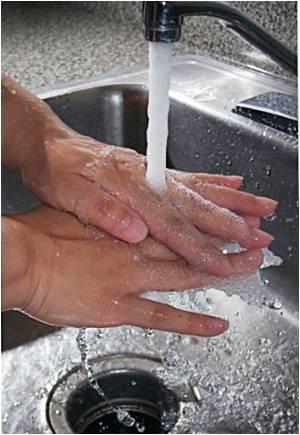The hygiene hypothesis has been used to explain why women have higher rates of autoimmune disorders, asthma and allergies, according to a study done at the Oregon State University.

Sharyn Clough, at the Oregon State University states, “Girls tend to be dressed more in clothing that is not supposed to get dirty, girls tend to play indoors more than boys, and girl’s playtime is more often supervised by parents. There is a significant difference in the types and amounts of germs that girls and boys are exposed to, and this might explain some of the health differences we find between women and men."
Clough claims that since human have ‘co-evolved with bacteria’, we need to go along with that co-existence and not distance ourselves into an artificially clean environment. Allowing girls to get a little dirty just as boys do would help their immune systems later on to fight against potential respiratory problems, allergies and other autoimmune diseases.
Advertisement
Source-Medindia








